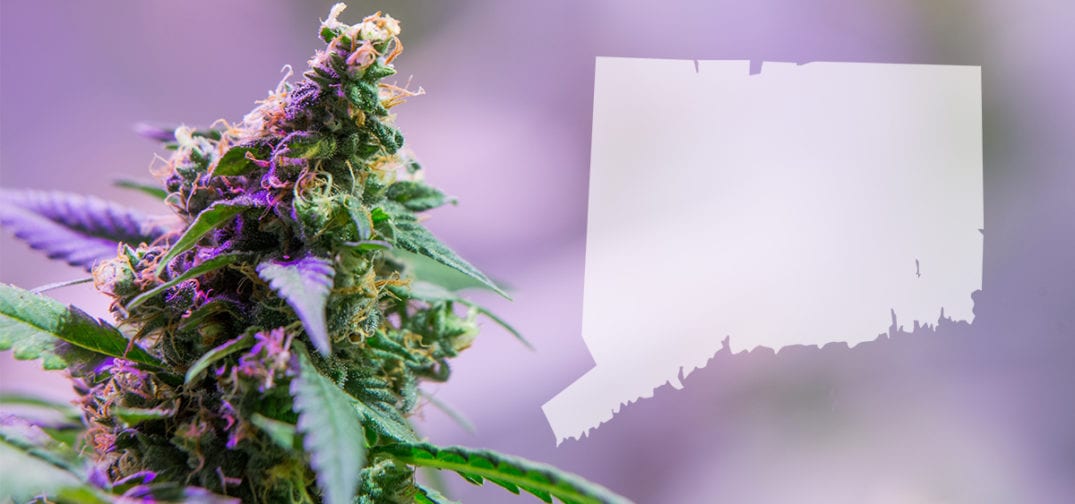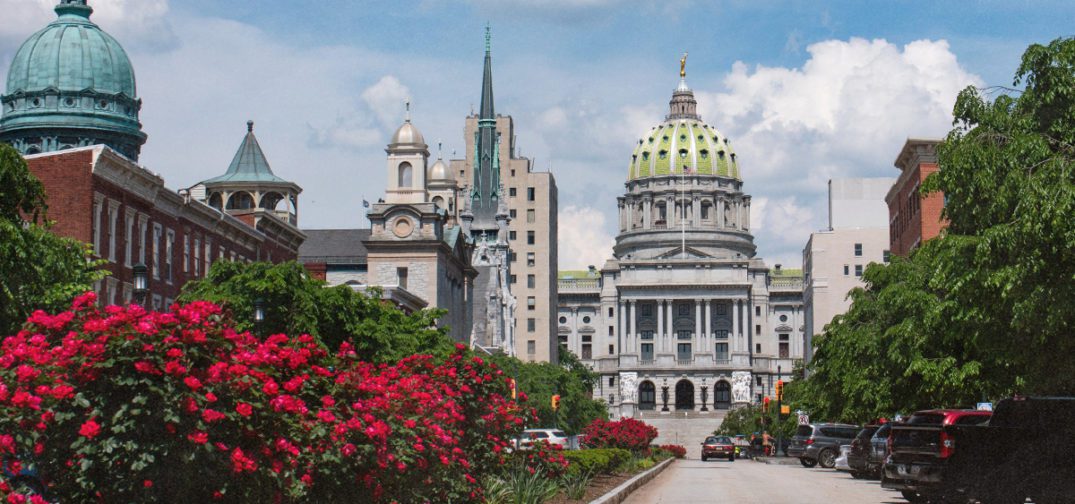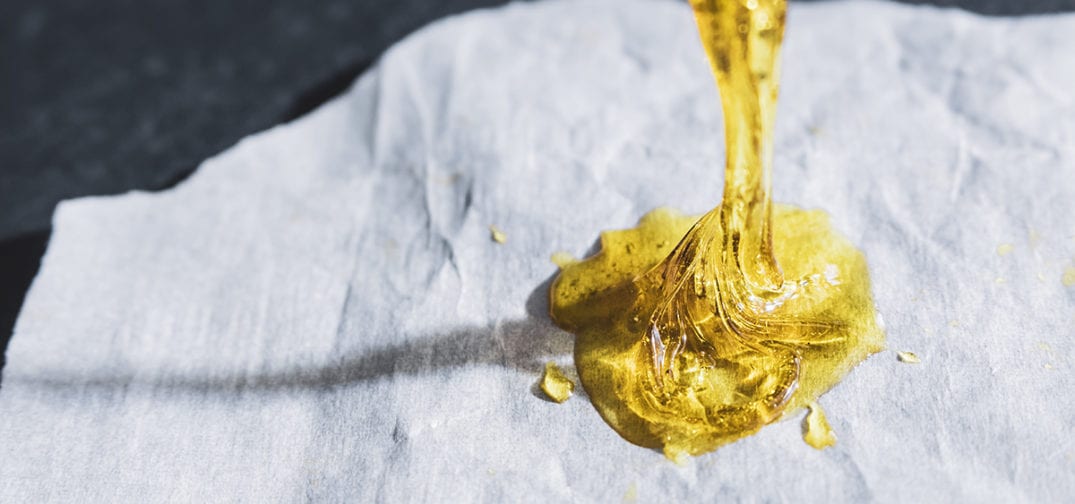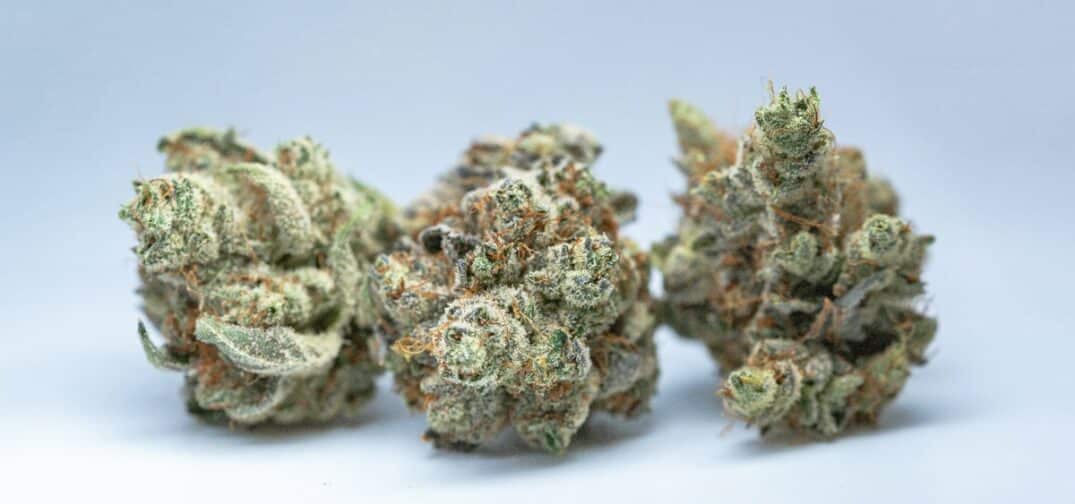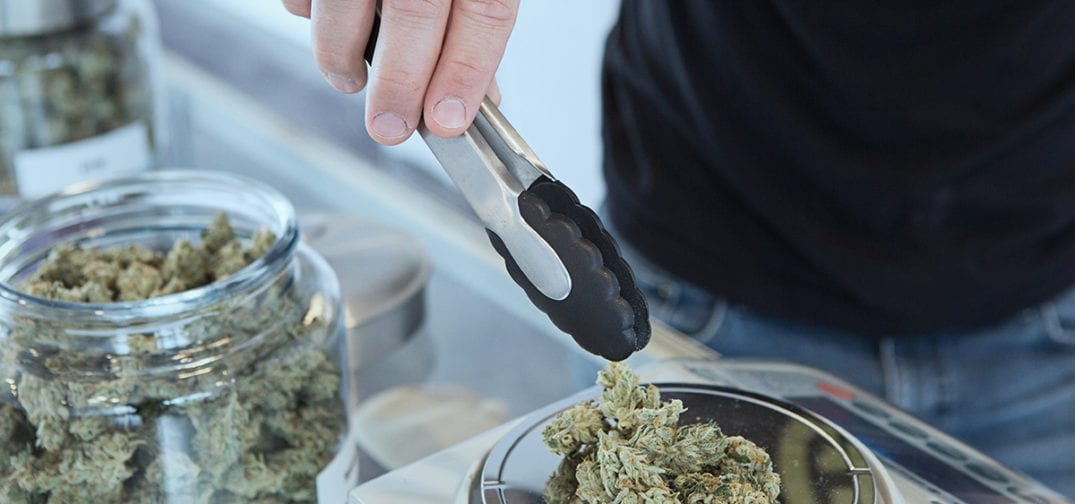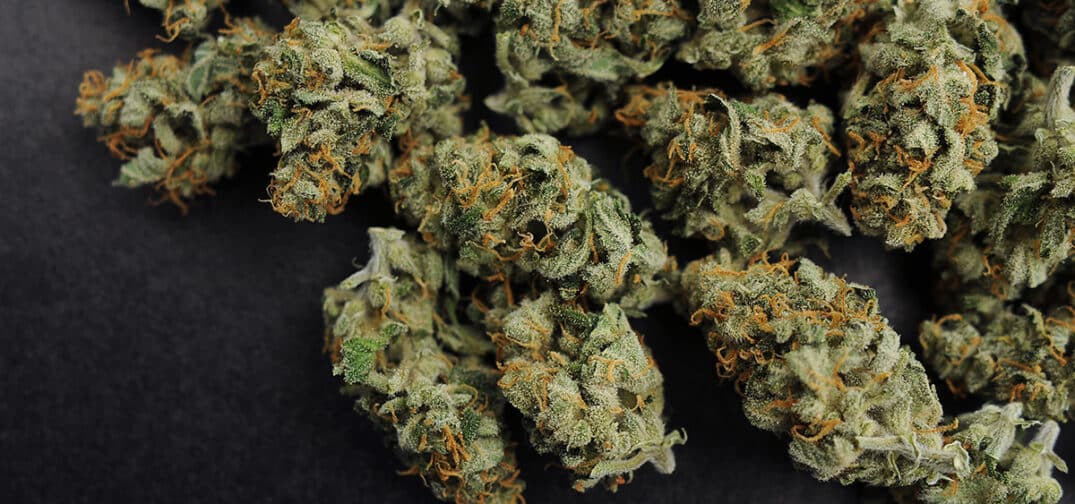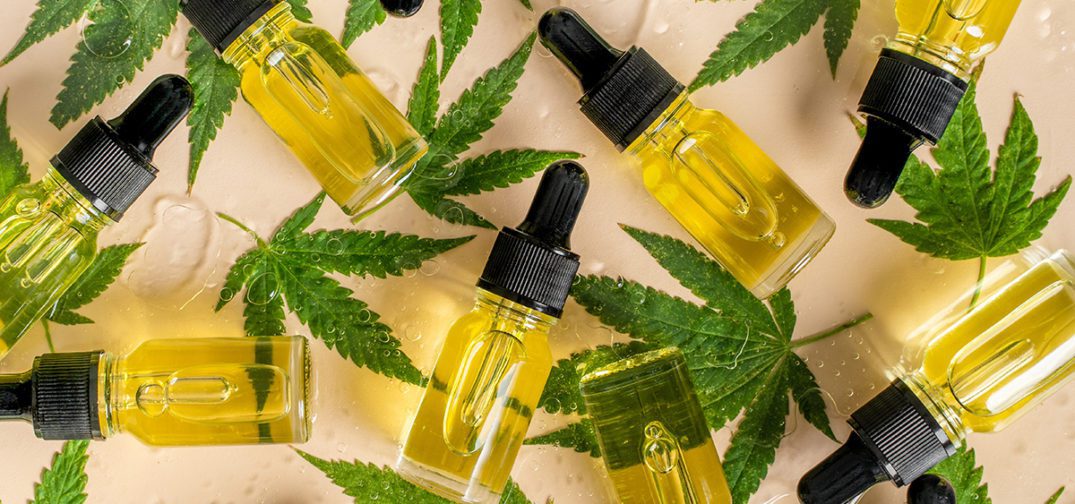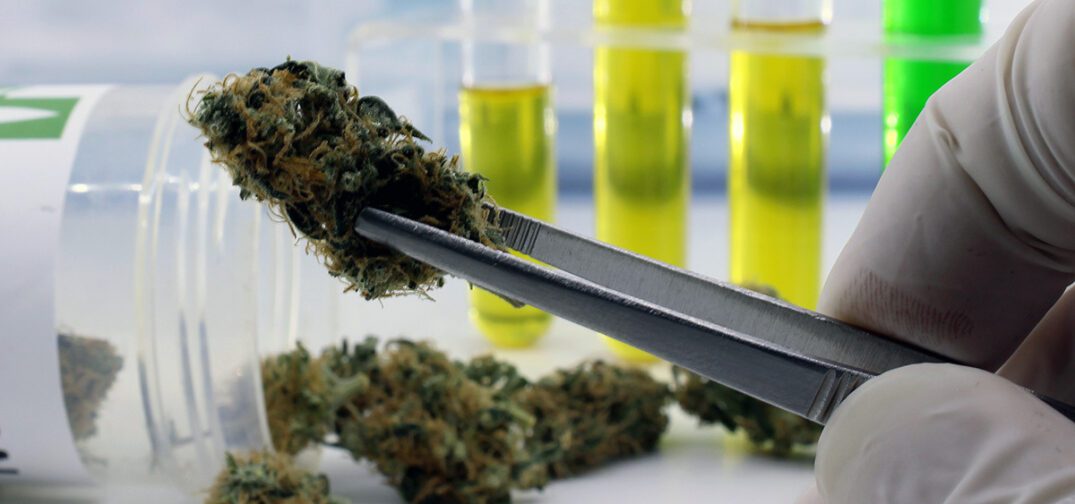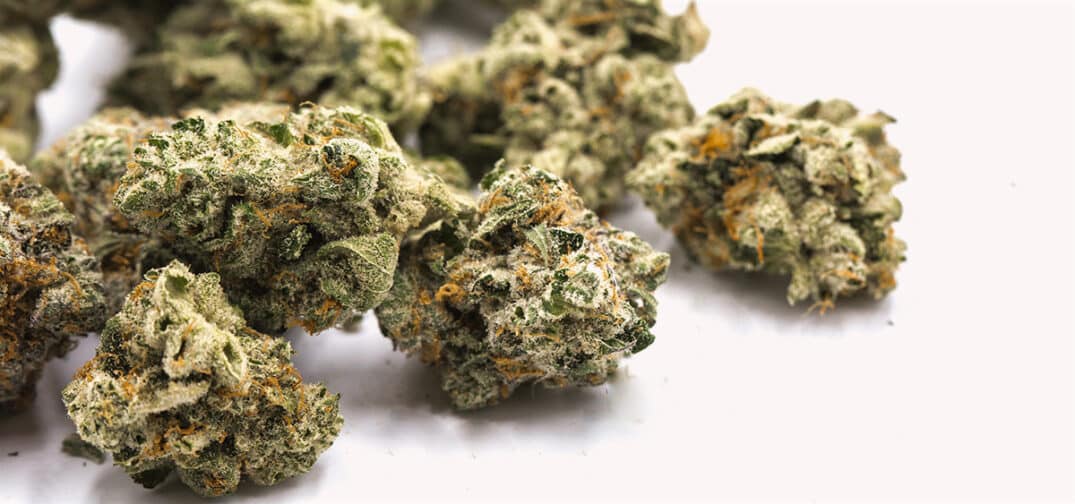Lafayette, Colorado 10/17/23 — Isolate Extraction Systems, Inc. (“IES”), a global manufacturer of innovative solutions for supercritical CO2 botanical extraction across several industries, is pleased to announce its acquisition of Apeks Supercritical (“Apeks”), a renowned manufacturer of supercritical CO2 extraction equipment and a leading IES competitor. This strategic transaction signifies a significant milestone for IES, as it combines and aligns the strengths, expertise and resources of IES and Apeks to better serve the rapidly evolving needs of the global extraction industry. Together, the combined company has delivered nearly 1,000 CO2 extraction systems to date to its customers on a global basis.
IES has established itself as a pioneering force in the CO2 extraction market, offering a range of cutting-edge commercial and industrial extraction equipment, innovative customer support service and maintenance packages, and comprehensive consulting and performance management services. This transaction further solidifies and expands IES’ commitment and capabilities in delivering top-tier, industry-leading products and services to its customers.
Apeks Supercritical, known for its precision-engineered CO2 extraction systems, has earned a reputation for excellence and innovation in the field of botanical extraction. This transaction will provide IES with access to Apeks Supercritical’s expertise, patented technologies, and an expanded customer base, further enhancing its market presence. The combined company will continue to sell new systems, certified refurbished systems and parts, and will offer a variety of service solutions to its customers. IES is the ideal partner to support Apeks’ customers’ needs and to best serve the evolving needs of the supercritical CO2 extraction industry.
Key benefits and highlights of the Deal:
- Enhanced Product Portfolio: The combination of Isolate Extraction Systems’ and Apeks Supercritical’s product lines will result in a comprehensive and diverse range of extraction equipment, catering to a wider array of customer needs and applications.
- Improved Technological Advancements: The merging of research and development efforts will lead to accelerated technological advancements and innovations, setting new industry standards through new product development and product enhancement offerings.
- Strengthened Industry Leadership: The combined knowledge and experience of both companies will empower IES to strengthen its position as the market leader in botanical extraction solutions.
- Expanded Customer Support: Apeks Supercritical’s established customer base will benefit from the broader support and service offerings provided by Isolate Extraction Systems, ensuring customer satisfaction and loyalty.
“We are thrilled to announce the acquisition of Apeks Supercritical, a company that shares our dedication to quality, innovation, and customer satisfaction,” said Kelly Knutson, CEO at Isolate Extraction Systems. “This strategic move aligns with our mission to provide the most advanced and reliable extraction solutions to our valued customers.”
As the integration process gets underway, Isolate Extraction Systems is committed to ensuring a seamless transition for customers and employees. Both companies will now be operated as a combined entity with strategically aligned operating initiatives and product development plans. Our immediate focus will be to contact our customers to ensure their service and performance needs have our full attention. Over the coming weeks, we plan to work hard to get acquainted and re-acquainted with all of our customers and to expand our sales and service teams.
For more information about Isolate Extraction Systems and Apeks Supercritical, please visit:
IES – www.isolatesystems.com
Apeks – www.apekssupercritical.com
About Isolate Extraction Systems:
Isolate Extraction Systems is a leading provider of innovative botanical extraction solutions, offering a wide range of CO2 processing and extraction equipment since 2012. With a commitment to quality and customer satisfaction, Isolate Extraction Systems empowers businesses in the extraction industry to achieve their goals.
About Apeks Supercritical:
Apeks Supercritical is a renowned manufacturer of supercritical CO2 extraction equipment, known for its precision-engineered systems and innovative solutions for botanical extraction. Founded in 2001, Apeks Supercritical has a long-standing history of excellence and customer satisfaction. For over 20 years, Apeks Supercritical has been continually designing, refining, and manufacturing botanical oil extraction systems utilizing subcritical and supercritical CO2.
Contact:
Adam Knight
Chief Revenue Officer
Isolate Extraction Systems, Inc.
aknight@isolatesystems.com
720.541.7301
Kelly Knutson
CEO
Isolate Extraction Systems, Inc.
kknutson@isolatesystems.com
303.968.9313
